Maria of the Sea (1930)
1h 48m
Running Time
May 20, 1930Release Date
Plot.
Falacha is the captain of a fishing boat, who loses his men in a shipwreck. Among them was the husband of Aurélia, who holds Falacha responsible for the tragedy. Maria, Falacha's daughter, falls in love with Manuel, Aurélia's son, a situation that their mothers refuse to accept.
Where to Watch.
No streaming offers found
Cast & Crew.

Rosa Maria
Maria do Mar

Oliveira Martins
Manuel

Rosa María
Maria do Mar - Falacha's daughter
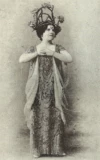
Adelina Abranches
Aunt Aurélia

Alves da Cunha
Falacha

Perpétua dos Santos
Falacha's Wife

Álvaro Horta e Costa
'Perú'

Maria Leo
Maria do Mar's Friend

António Duarte
'Lacraio' / Stage Director

Celestino Pedroso
Colonel

Mário Duarte
Doctor

Rafael Alves
Officer

Galiana Murraças
Fisherwoman of Nazaré

Bernardina
Fisherwoman of Nazaré

José Leitão de Barros
Director / Editor / Screenplay

Bernardo Sassetti
Composer

António Lopes Ribeiro
Assistant Director / Screenplay

Salazar Diniz
Cinematographer

Salazar Dinis
Director of Photography

Manuel Luís Vieira
Director of Photography

Ferreira da Cunha
Set Photographer

José Correia
Gaffer

René Bohet
Music Director

Norberto Lopes
Writer
Media.
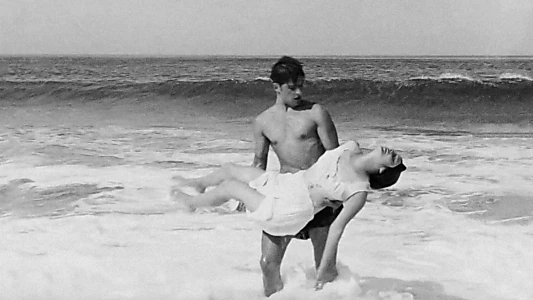

Details.
Release DateMay 20, 1930
Original NameMaria do Mar
StatusReleased
Running Time1h 48m
Genres
Last updated:
This Movie Is About.
portugal
silent film
portuguese cinema
portuguese fisherman
Wiki.
Maria do Mar is a 1930 Portuguese silent drama film, a docufiction, directed by Leitão de Barros. In March 2000, the Portuguese Cinematheque released a restoration of the film in Lisbon and Porto.
The film is notable not just for its narrative but also for its innovative use of cinematic techniques influenced by German expressionism, Soviet montage, and American filmmaking styles. It is considered one of the earliest examples of "ethnofiction," where real cultural and social practices are depicted within a fictional framework. The film's documentary-like authenticity is one of its strengths, capturing the everyday struggles and resilience of Nazaré's fishing community.
You May Also Like.
Look at the other titles that might be interesting for you

L.E.T.H.A.L. Ladies: Return to Savage Beach (1998)
Movie

Alienoid: Return to the Future (2024)
Movie
6

Scooby-Doo! Return to Zombie Island (2019)
Movie
6
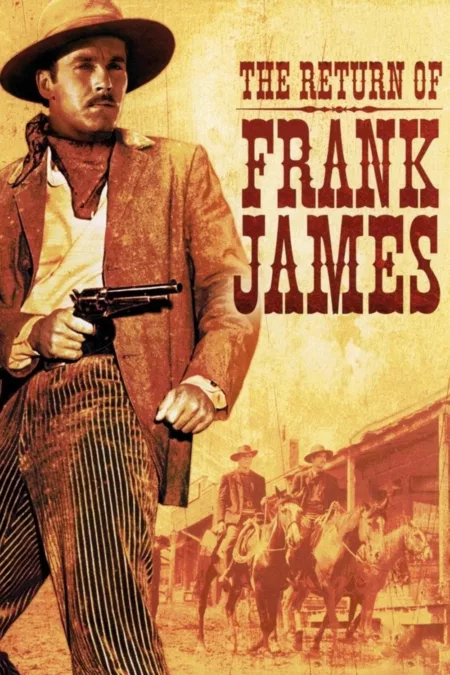
The Return of Frank James (1940)
Movie
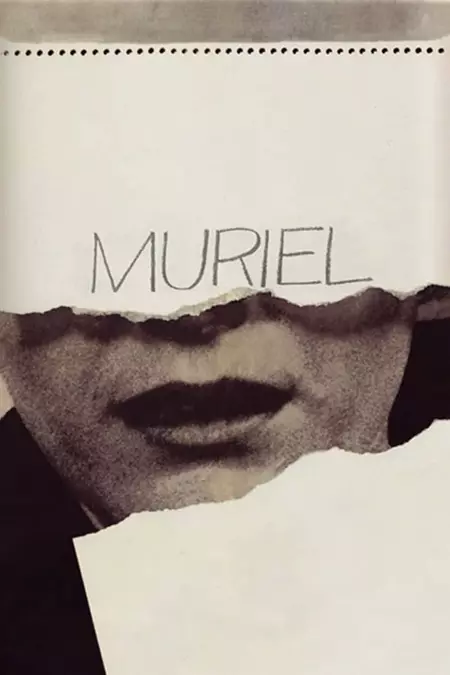
Muriel, or the Time of Return (1963)
Movie
4

Return to Nuke 'Em High Volume 1 (2013)
Movie
6.11

Road of No Return (2009)
Movie

Ek Villain Returns (2022)
Movie
2

Return to Mayberry (1986)
Movie
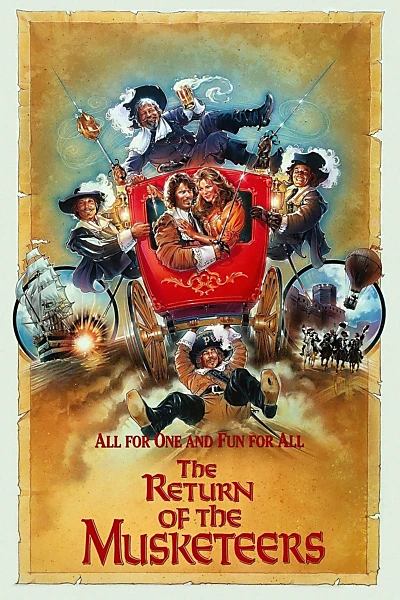
The Return of the Musketeers (1989)
Movie
4.2

The Return (1980)
Movie

Returner (2002)
Movie

Return to Horror Hotel (2019)
Movie

1920: Evil Returns (2012)
Movie

Return (1985)
Movie

UFC 21: Return Of The Champions (1999)
Movie

Return (1972)
Movie

Return
Movie
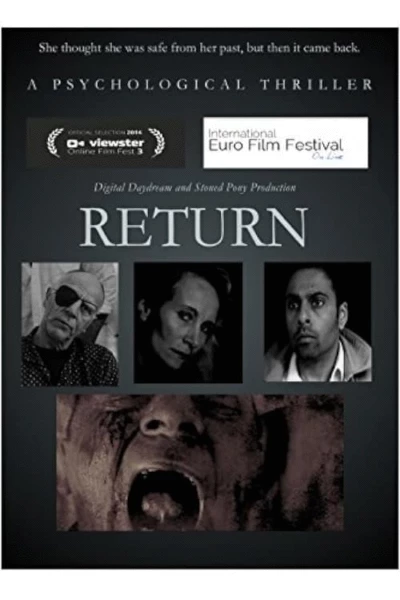
Return (2015)
Movie

The Return (2015)
Movie

